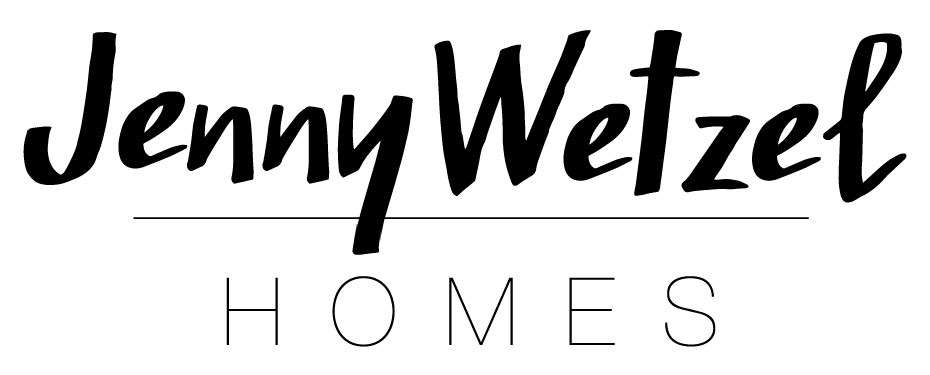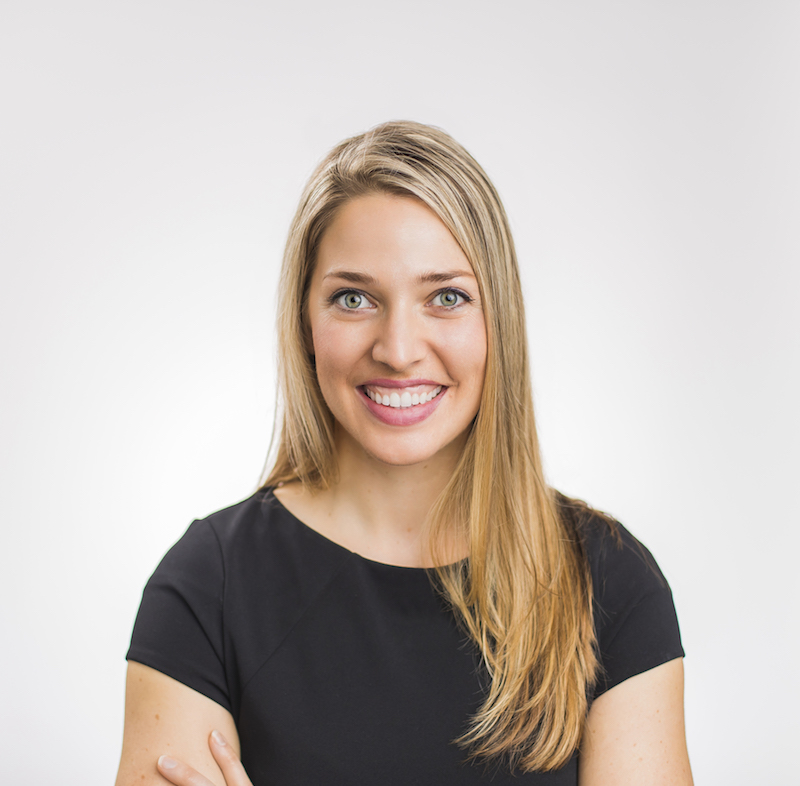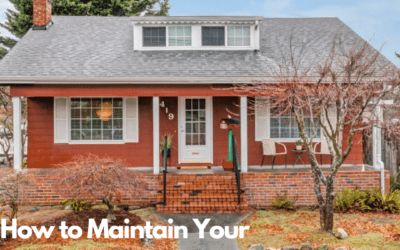What is a reverse mortgage loan?
A reverse mortgage is a type of loan that can provide funds such as lump sum, line of credit or even a fixed monthly income to homeowners who are 62 years of age or older. In short, homeowners that have significant equity in their home can apply for a reverse mortgage as a method to receive more money. Reverse mortgage loans allow homeowners to convert their equity into cash income. Instead of a typical mortgage, the homeowner is not required to make monthly payments on the loan.
How does a reverse mortgage loan work?
Reverse mortgage loans are based on the value of the homeowners home. There are no payments on the loan and the home acts as the loans collateral. The loan is paid (plus interest!) when the homeowner moves, dies, or no longer lives in the home full time. A reverse mortgage loan cannot exceed the value of the home.
The benefits of a reverse mortgage loan:
Retirees with a fixed monthly income may find reverse mortgages appealing as its a way to have more cash income. Because the borrower is not making payments on the loan, a credit check is not needed like a conventional or FHA refinance loan. Typically, a borrower will need to have at least 50% equity in their home to qualify for the loan. This is based on your home’s current value, not what you paid for it. When it’s time for the loan to be paid, even if the value of the home is now less than the reverse mortgage, the heirs or estate is not liable to make up the difference.
The downside of a reverse mortgage loan:
A reverse mortgage loan can be costly for the borrower. Origination fees, closing costs, high insurance and servicing fees are the bulk of upfront costs. Additionally, the interest rate is typically steep. Even though there is no monthly payment, interest still accrues on the loan and is to be paid when the loan is paid off. Another downside is this type of loan can also make it more difficult to sell the home in the future or add a name to the title of the home. Heirs will not be penalized if the homes value decreases and the loan is now more than what the home is worth, but it does diminish any heirs inheritance.
Requirements for a reverse mortgage loan:
In order to be approved for this type of loan your home must be built on or after June 15th, 1976. The U.S. Department of Urban Development (HUD) requires all prospective reverse mortgage borrowers to complete a HUD-approved counseling session. This typically costs $100-$200 and is a 90-minute session to cover the pros and cons for your particular situation.




